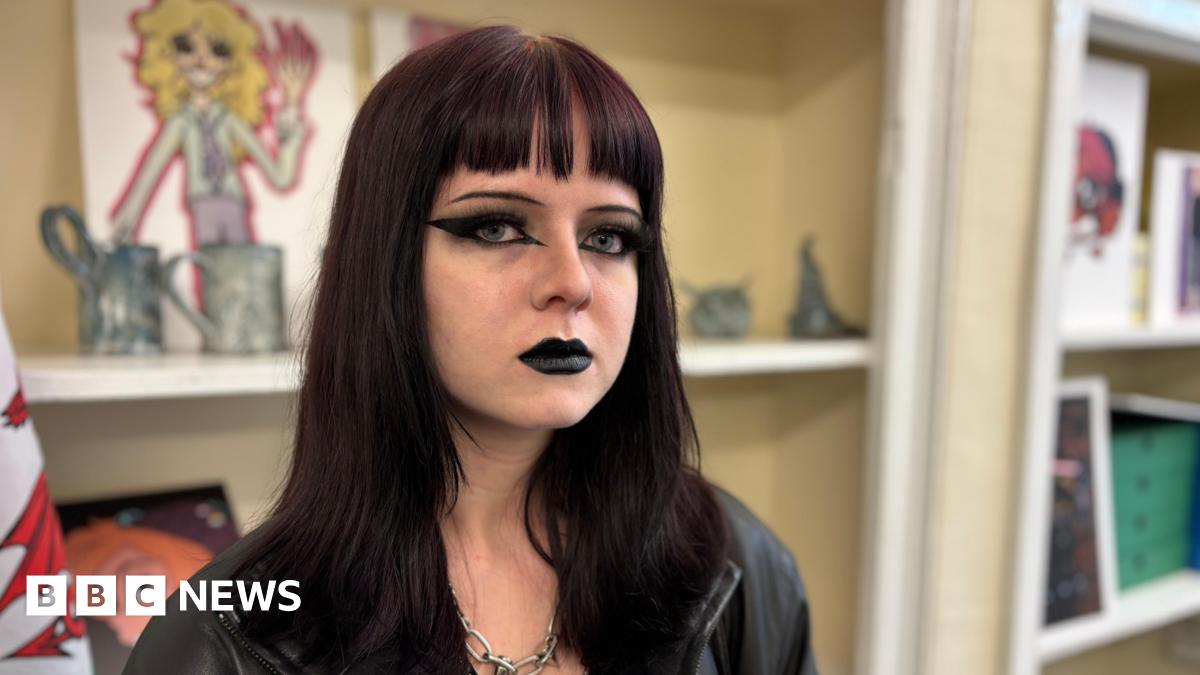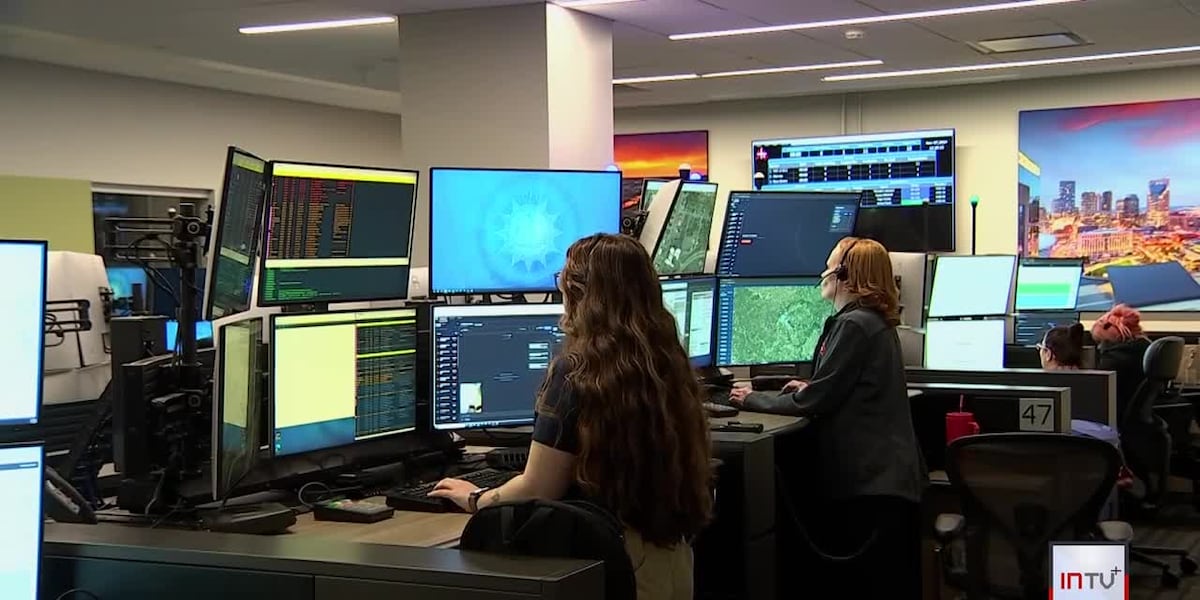Virtual Reality Therapy Shows Promise in Helping Anxious Teens Return to School

Easing Anxiety, Reclaiming Education: VR Therapy for Teens Gains Traction
For teenagers grappling with anxiety and the challenges of attending school, finding effective support can be a significant hurdle. Traditional therapy can be beneficial, but access and comfort levels can sometimes present barriers. Now, a groundbreaking approach utilizing virtual reality (VR) technology is offering a promising new avenue for intervention. A recent pilot program in Cardiff, Wales, is demonstrating the potential of immersive VR experiences to alleviate anxiety and social isolation, ultimately helping students return to the classroom.
Cardiff Youth Service Leads the Way
The Cardiff Youth Service, a vital component of Cardiff Council's education department, has been instrumental in testing and developing a cutting-edge mobile application. This app leverages the power of augmented reality (AR) to provide targeted support for anxious teens. The project’s focus is on creating a safe, controlled environment where young people can practice coping mechanisms and build social skills without the pressure of real-world situations.
How Does Virtual Reality Therapy Work for Anxiety?
The AR app works by presenting users with simulated scenarios that commonly trigger anxiety, such as crowded hallways, classrooms, or social gatherings. Within these virtual environments, teens can learn and practice relaxation techniques, mindfulness exercises, and cognitive behavioral therapy (CBT) strategies. The beauty of VR is its ability to provide repeated exposure to anxiety-provoking situations in a gradual and manageable way. The virtual setting allows for a sense of detachment, reducing the intensity of the emotional response and empowering teens to confront their fears.
Benefits Beyond the Classroom
The benefits of this VR therapy extend beyond academic settings. The app can be used at home, on the go, or in counseling sessions, providing continuous support. This accessibility is particularly valuable for teens who struggle to attend regular therapy appointments due to anxiety or other commitments. Furthermore, the gamified nature of the app can make therapy more engaging and less intimidating, encouraging consistent use and promoting positive outcomes.
Looking Ahead: The Future of VR in Mental Healthcare
The Cardiff Youth Service’s pilot program is just one example of the growing trend of integrating VR into mental healthcare. As the technology continues to advance and become more affordable, we can expect to see even wider adoption of VR therapy for a range of conditions, including anxiety, PTSD, and phobias. The potential to personalize treatment plans and provide accessible, engaging support makes VR a truly transformative tool for improving mental well-being, especially for young people facing these challenges. The success of this program underscores the need for continued investment in innovative solutions that address the growing mental health needs of teenagers.
Want to learn more about mental health resources for teens? Contact Cardiff Council’s Education Department or explore resources from reputable mental health organizations like Mind and YoungMinds.






